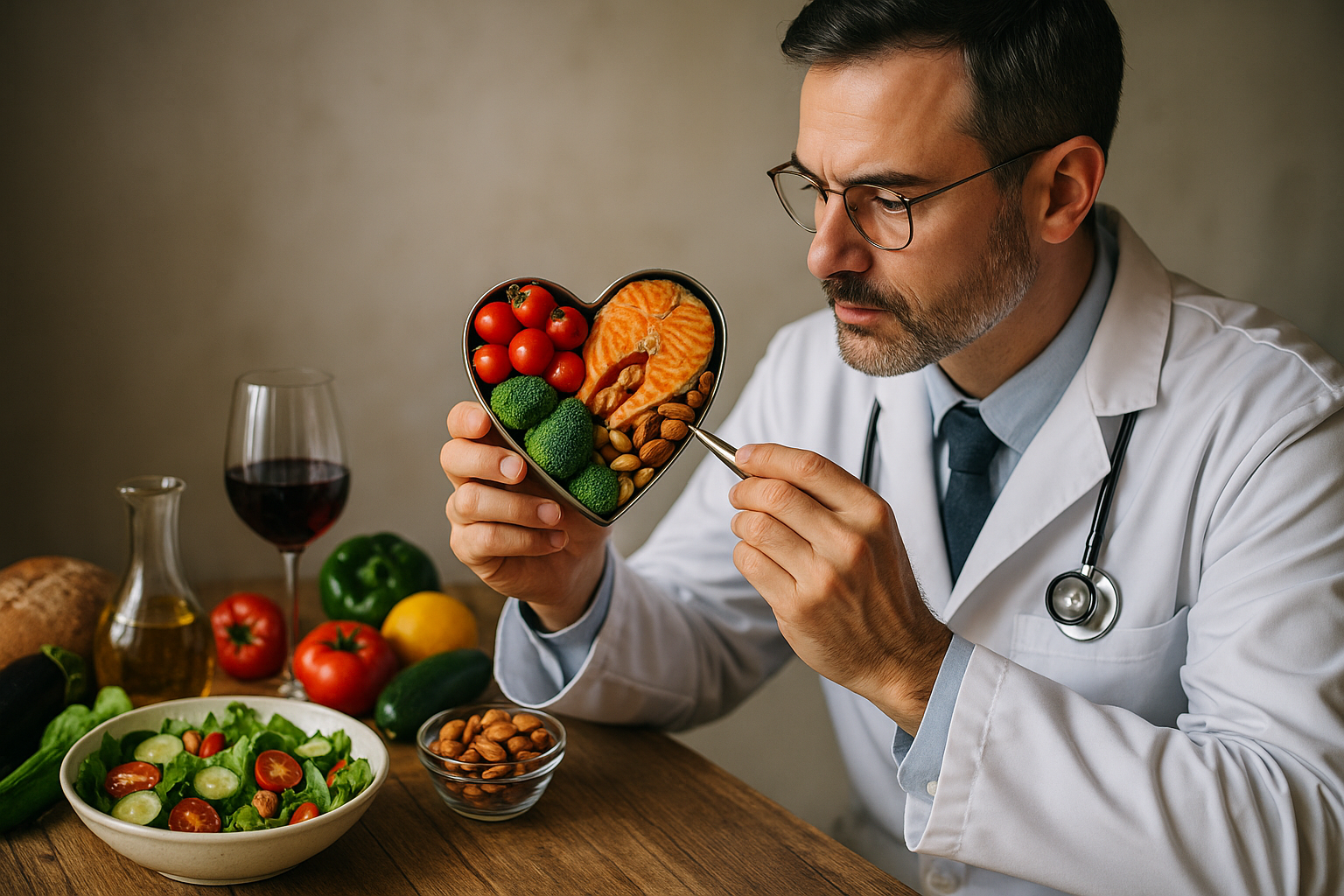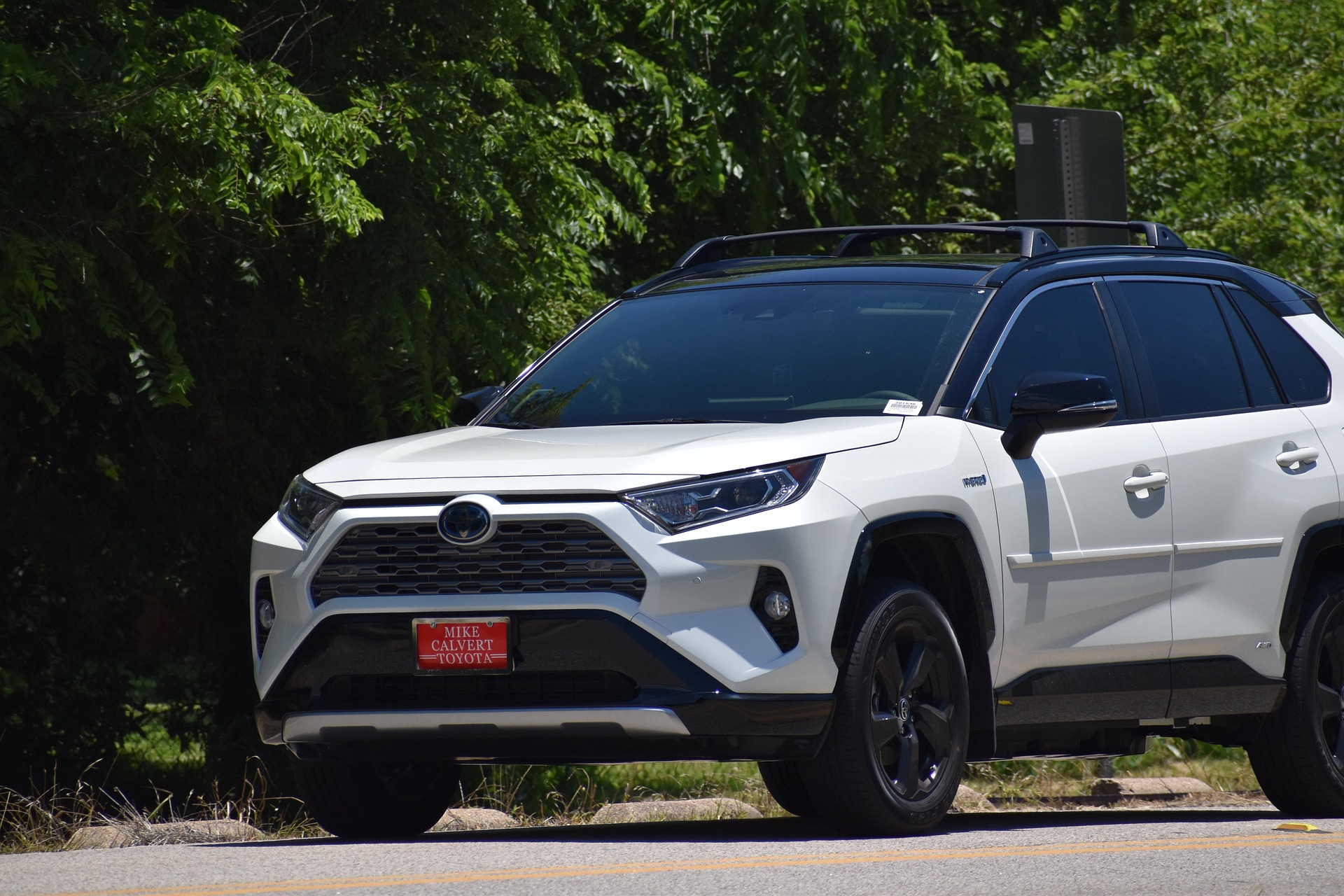Nourishing Your Eyes: Doctor-Recommended Foods for Macular Degeneration
When it comes to protecting your vision, what you eat can make a real difference—especially for those with or at risk of macular degeneration. Doctors and researchers alike emphasize the role of certain nutrients in supporting eye health. Here’s a look at the foods commonly recommended and how they may help preserve your sight.

What is macular degeneration and who is at risk?
Macular degeneration is an eye condition that affects the macula, the central part of the retina responsible for sharp, detailed vision. It’s a leading cause of vision loss in adults over 50. Risk factors include age, genetics, smoking, and diet. Understanding macular degeneration is crucial for early detection and management. While some risk factors are beyond our control, dietary choices can play a significant role in eye health maintenance.
How can fatty fish benefit eye health?
Fatty fish, such as salmon, mackerel, and sardines, are rich in omega-3 fatty acids, particularly DHA and EPA. These nutrients are essential for retinal health and may help prevent the progression of macular degeneration. Omega-3 fatty acids have anti-inflammatory properties and contribute to the structural integrity of eye cells. Aim to include fatty fish in your diet at least twice a week for optimal eye protection.
What role do nuts and seeds play in eye nutrition?
Nuts and seeds are excellent sources of vitamin E and zinc, both crucial for eye health. Vitamin E acts as an antioxidant, protecting eye cells from damage caused by free radicals. Zinc plays a vital role in delivering vitamin A from the liver to the retina, which is necessary for producing melanin, a protective pigment in the eyes. Almonds, sunflower seeds, and pumpkin seeds are particularly beneficial for maintaining healthy vision.
Why are leafy greens and colorful fruits important for eye health?
Leafy greens and colorful fruits are a powerhouse for eye health, packed with lutein, zeaxanthin, and vitamin C. These nutrients act as antioxidants and help filter harmful blue light. Spinach, kale, and collard greens are excellent sources of lutein and zeaxanthin, which accumulate in the macula and protect it from damage. Colorful fruits like oranges, berries, and kiwis provide vitamin C, which supports the health of blood vessels in the eyes.
How do whole grains contribute to eye protection?
Whole grains form a healthy foundation for overall health, including eye health. They have a low glycemic index, which means they don’t cause rapid spikes in blood sugar levels. This is important because high blood sugar can damage the delicate blood vessels in the retina. Additionally, whole grains are rich in vitamin E, zinc, and niacin, all of which contribute to eye health. Incorporate foods like quinoa, brown rice, and whole wheat into your diet for sustained eye protection.
What are some unique tips for incorporating eye-healthy foods into your diet?
To maximize the benefits of eye-healthy foods, consider these unique tips:
-
Pair leafy greens with healthy fats like olive oil or avocado to enhance the absorption of fat-soluble vitamins and antioxidants.
-
Try adding ground flaxseed to your morning smoothie or oatmeal for an omega-3 boost.
-
Experiment with different colored vegetables in your meals to ensure a wide range of protective nutrients.
-
Consider fermenting vegetables like cabbage or carrots, as the fermentation process can increase the bioavailability of certain nutrients.
-
Use herbs and spices liberally in your cooking, as many, like turmeric and oregano, have anti-inflammatory properties that may benefit eye health.
Remember, while these dietary choices can support eye health, they should complement, not replace, regular eye exams and any prescribed treatments for macular degeneration.
This article is for informational purposes only and should not be considered medical advice. Please consult a qualified healthcare professional for personalized guidance and treatment.




